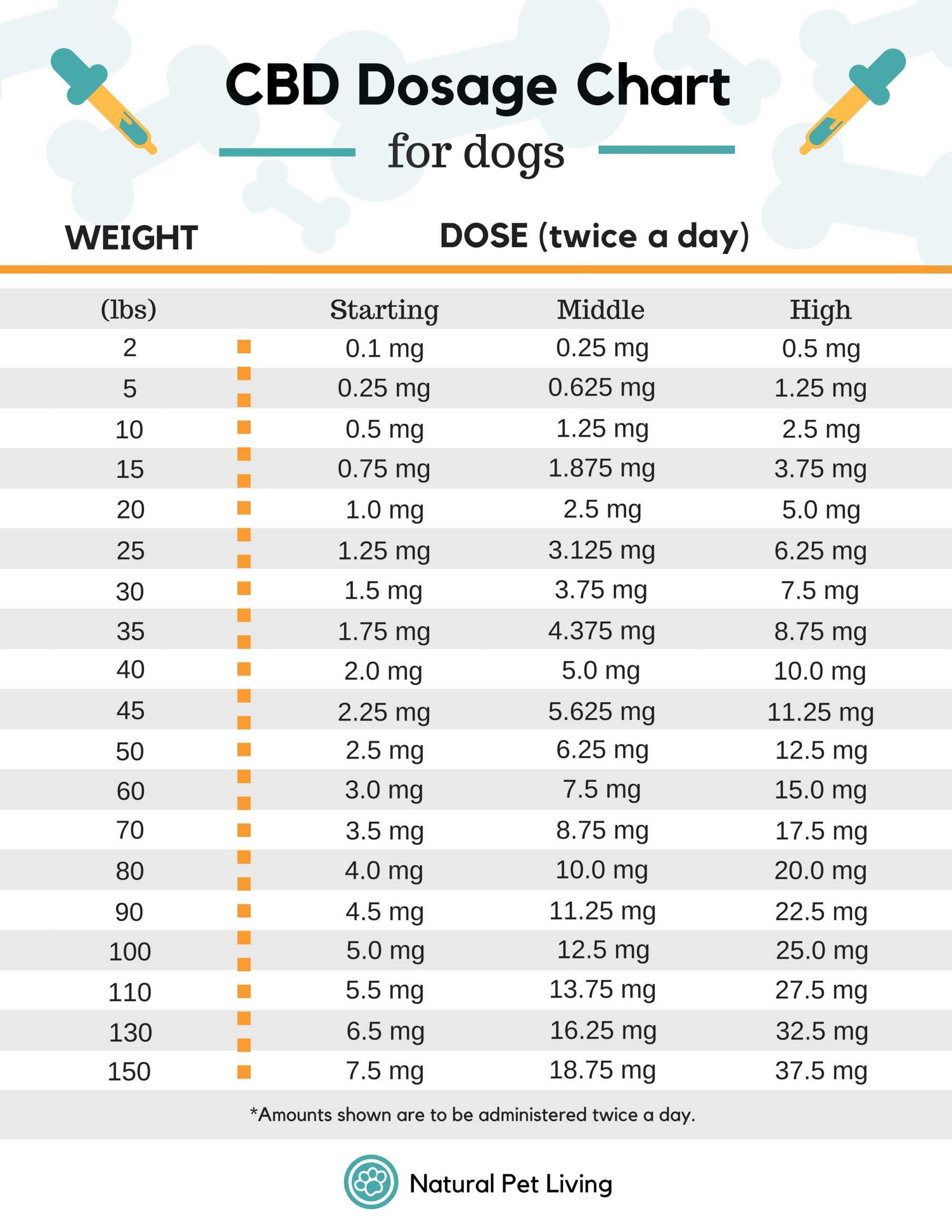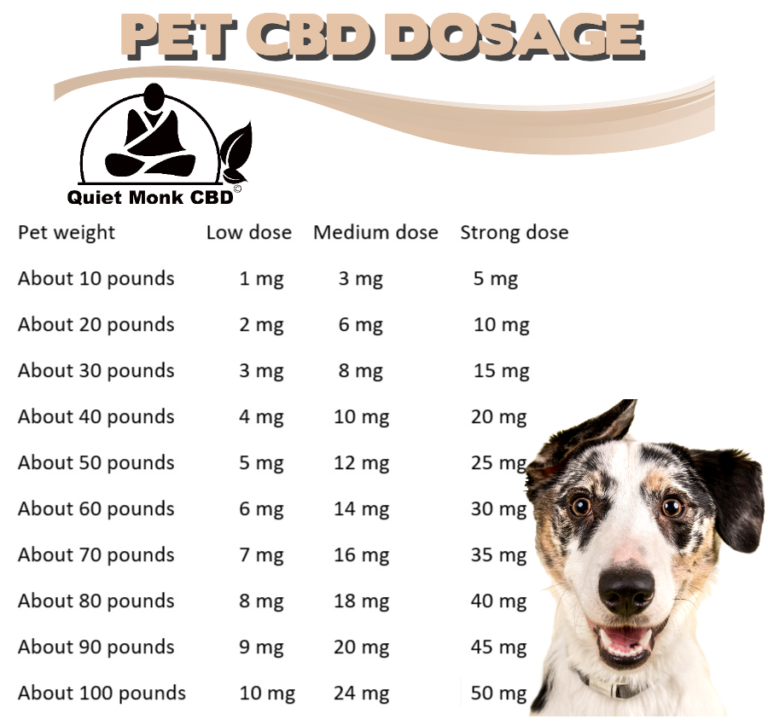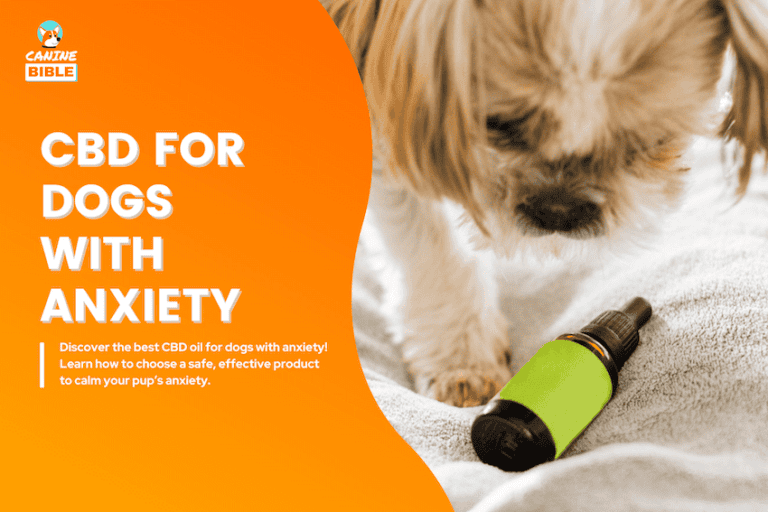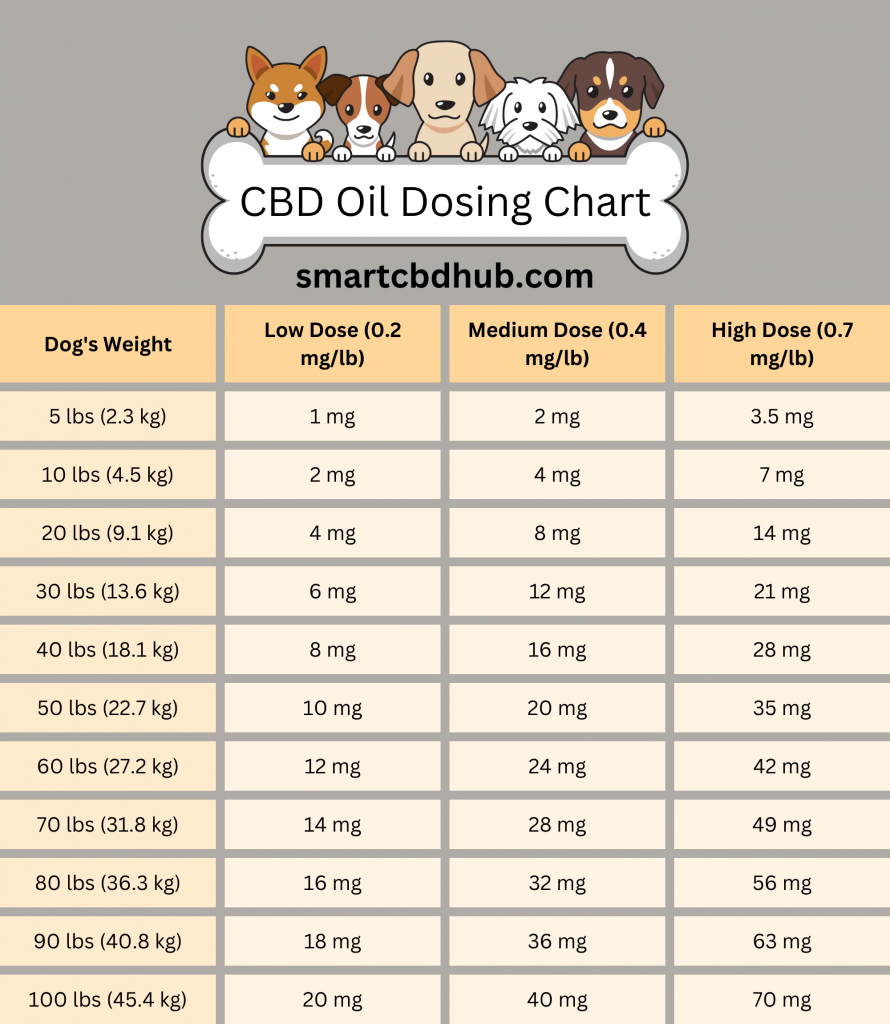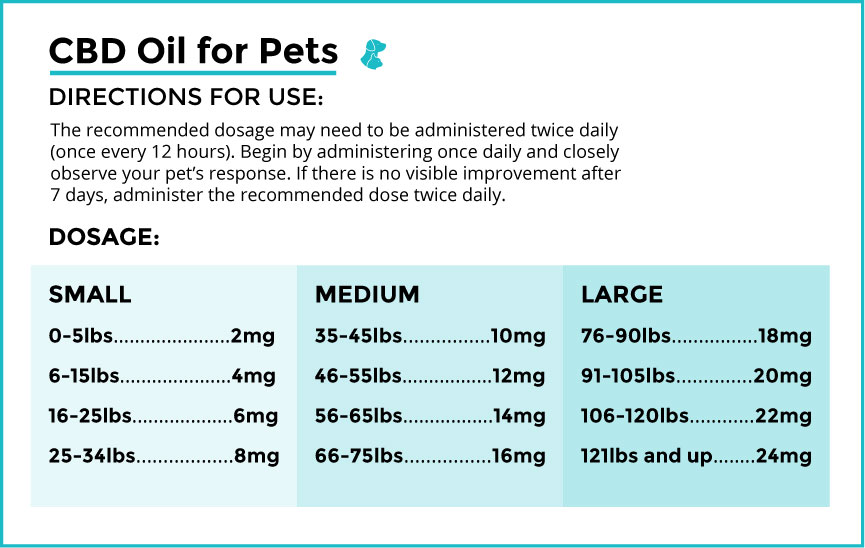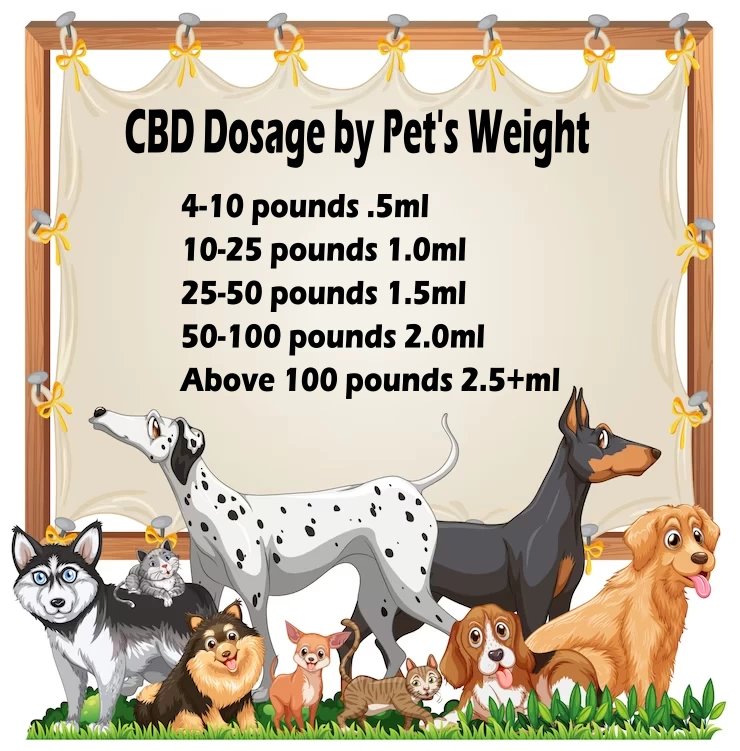Cbd Dose For Dogs With Anxiety

A wave of concern and curiosity is sweeping through the canine-loving community. Owners, desperate for solutions, are increasingly turning to cannabidiol, or CBD, to alleviate their furry friends' anxieties. But navigating the world of CBD dosage for dogs is fraught with uncertainty, raising critical questions about efficacy, safety, and regulation.
This article delves into the burgeoning use of CBD for canine anxiety, exploring the scientific evidence, expert opinions, and the practical considerations dog owners must weigh before administering CBD to their pets. It aims to provide a comprehensive overview of the current understanding, while acknowledging the limitations of existing research and the importance of consulting with qualified veterinary professionals.
Understanding Canine Anxiety and the Appeal of CBD
Anxiety in dogs manifests in various ways, from separation anxiety and noise phobias to generalized anxiety disorder. Symptoms can include excessive barking, destructive behavior, trembling, and even aggression, significantly impacting a dog's quality of life and causing distress for their owners.
Traditional treatments often involve behavioral modification techniques and, in some cases, prescription medications like anti-anxiety drugs or antidepressants. However, these medications can come with side effects, leading some owners to seek alternative, potentially gentler remedies like CBD.
The appeal of CBD lies in its purported ability to interact with the endocannabinoid system, a complex network of receptors in the body that regulates various physiological processes, including mood, pain, and anxiety. Proponents claim that CBD can help restore balance within this system, leading to a reduction in anxiety symptoms without the psychoactive effects associated with THC, the primary intoxicating compound in cannabis.
The Science Behind CBD and Anxiety: What Does the Research Say?
While anecdotal evidence abounds regarding the benefits of CBD for canine anxiety, rigorous scientific research remains limited. Much of the existing research is preliminary and conducted on small sample sizes, making it difficult to draw definitive conclusions.
One study published in the journal Frontiers in Veterinary Science showed promising results for CBD in reducing pain and improving activity in dogs with osteoarthritis. While not directly addressing anxiety, this study provided some evidence of CBD's potential therapeutic effects in dogs.
However, the American Veterinary Medical Association (AVMA) emphasizes the need for further research to fully understand the efficacy and safety of CBD in animals. The AVMA has adopted policies advocating for more research into cannabis and its derivatives, including CBD, for veterinary use.
Dosage Considerations and Potential Risks
Determining the appropriate CBD dosage for dogs with anxiety is a complex and individualized process. Factors such as the dog's weight, breed, severity of anxiety, and overall health can all influence the optimal dose.
Currently, there are no standardized CBD dosage guidelines for dogs established by regulatory bodies. Many veterinarians recommend starting with a low dose and gradually increasing it until the desired effect is achieved, while carefully monitoring the dog for any adverse reactions.
Possible side effects of CBD in dogs can include drowsiness, dry mouth, and diarrhea. In rare cases, more serious side effects, such as liver enzyme elevation, have been reported. It's crucial to discuss potential risks with a veterinarian before administering CBD to your dog.
Navigating the CBD Market: Quality Control and Regulation
The CBD market is largely unregulated, making it challenging for consumers to discern high-quality products from those that may be ineffective or even harmful. Many CBD products are not accurately labeled, potentially containing incorrect dosages or undisclosed ingredients, including THC.
Third-party testing is essential to ensure the purity and potency of CBD products. Look for products that have been tested by an independent laboratory and that provide a Certificate of Analysis (COA) verifying the CBD content and the absence of contaminants like heavy metals and pesticides.
The Food and Drug Administration (FDA) has issued warnings to companies making unsubstantiated claims about the health benefits of CBD products for both humans and animals. Consumers should be wary of products that promise to cure or treat specific diseases.
"It is vital that pet owners consult with their veterinarian to discuss the use of CBD products, ensuring that the product is appropriate for their pet's specific condition and that potential risks and benefits are carefully considered," says Dr. Lisa Smith, a veterinarian specializing in integrative medicine.
Alternative Therapies and a Holistic Approach
While CBD may offer some benefits for canine anxiety, it's important to consider it as part of a broader, holistic approach to treatment. Behavioral modification techniques, such as desensitization and counter-conditioning, can be highly effective in addressing the underlying causes of anxiety.
Creating a calm and predictable environment, providing regular exercise and mental stimulation, and using calming aids like pheromone diffusers can also help reduce anxiety levels in dogs. Dietary changes and supplements, such as L-theanine and tryptophan, may also be beneficial.
A multi-faceted approach that combines behavioral modification, environmental enrichment, and, if appropriate, CBD, under the guidance of a qualified veterinarian, is often the most effective way to manage canine anxiety.
Looking Ahead: The Future of CBD Research and Regulation
The future of CBD use in veterinary medicine hinges on further research and regulatory developments. As more rigorous studies are conducted, a clearer understanding of CBD's efficacy, safety, and optimal dosing for various conditions will emerge.
Increased regulation of the CBD market is also needed to ensure product quality and protect consumers from misleading claims. The FDA is currently working on developing regulations for CBD products, but the timeline for implementation remains uncertain.
In the meantime, dog owners should exercise caution when considering CBD for their anxious companions. Consulting with a knowledgeable veterinarian, choosing high-quality products, and adopting a holistic approach to anxiety management are essential steps in ensuring the well-being of our furry friends.

